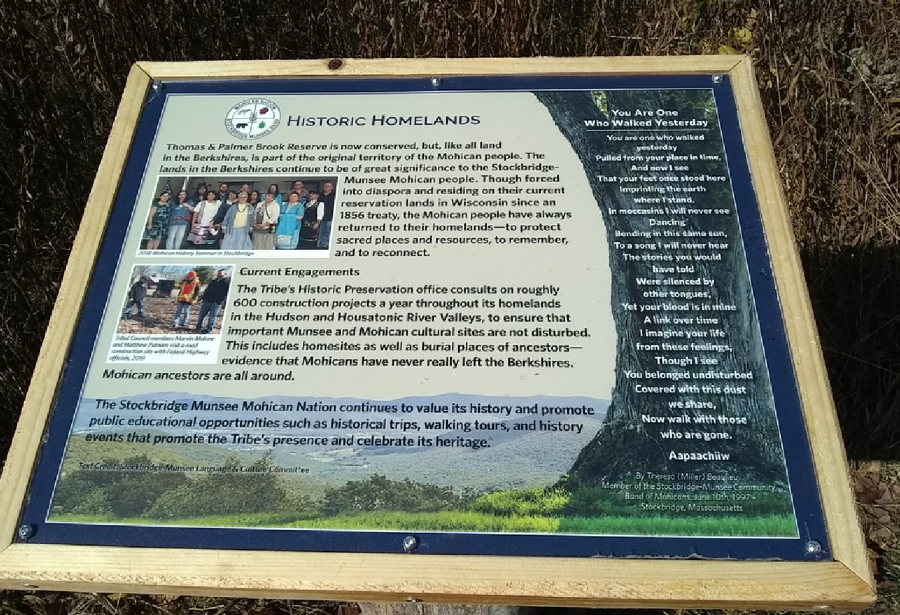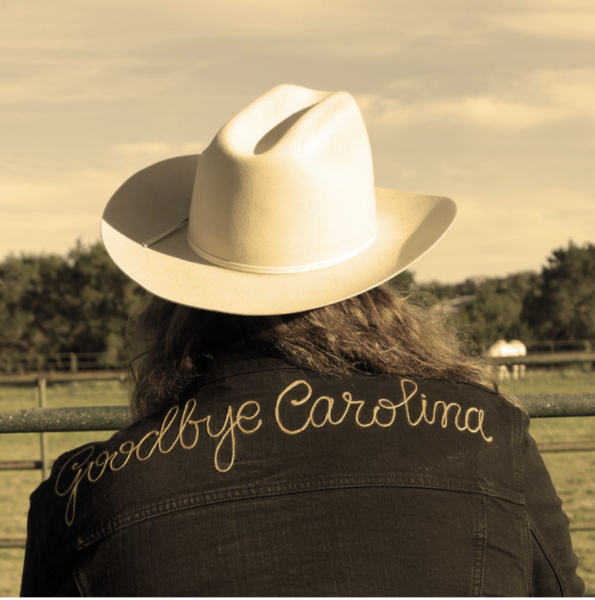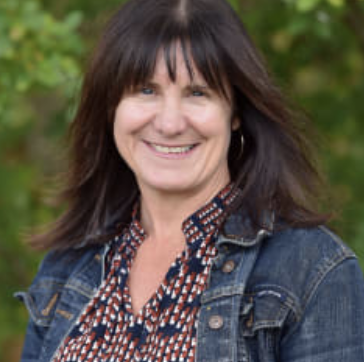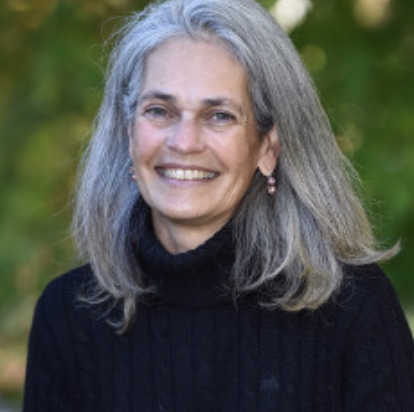The Land Berkshire is On: Acknowledging Our Past For A Better Future
December 15, 2021
For non-Indigenous communities, showing acknowledgement for Native land that we work and live on shows respect and is a way to resist the erasure of Native American history and culture. The land that Berkshire School stands on – the land that we work, live on, and learn from – was taken from Indigenous people. Thus, we should know about and respect the history of this territory.
I learned so much about Berkshire after doing research for this article. It is incredible how we have 114 years of history stored away in the archives, attended to by Mrs. Bebe Bullock ’86, who has been doing so much impressive work organizing and reintroducing Berkshire’s beginnings. However, there is only a plaque in Chase House that openly acknowledges the history of land usage. Thank you to Mrs. Danielle Francoline for sending me this excerpt exhibited in Chase House:
“In 1685, the small Mohican village of Tachanack on the other side of Mt. Everett from Berkshire School was forced to settle near Black Rock after being driven away from their village. The small settlement continued to grow just northwest of Berkshire’s campus. Soon, Dutch settlers followed in the Native Americans’ footsteps and cut a road from Stockbridge along the School’s current Elbow Trail.
In 1691, a young wheelwright and leatherworker, Johannes Spoor from Coxsackie, NY, followed other Dutch settlers and purchased land from the Housatunnuk Native American tribe, which is where Berkshire School is built on today.”
However, it is not common knowledge that Johannes Spoor purchased the land of Sheffield from a man named Konkapot and 20 other Native Americans for 460 pounds, three barrels of cider, and 30 quarts of rum.
Even though Spoor purchased the land, we don’t know if he did it ethically. In the historical context, there was no free, prior, and informed consent. Native people had to operate within an imposed foreign legal and tax system with little understanding of the consequences. Tribal land loss in Massachusetts has recently been brought back to light and is a popular topic of concern. For instance, in A Hidden History: How Massachusetts Law and Policy Facilitated the Loss of Tribal Lands, a panel discussion at Suffolk University vocalized how “a land-holding Native majority population became a landless minority over the span of just a few centuries [and] was virtually erased from the awareness of local society.” In a modern context, we must ensure that history is not forgotten and erased; informing the Berkshire community about land usage is the first step in showing respect and acknowledgment.
References:
Berkshire School Archives.










